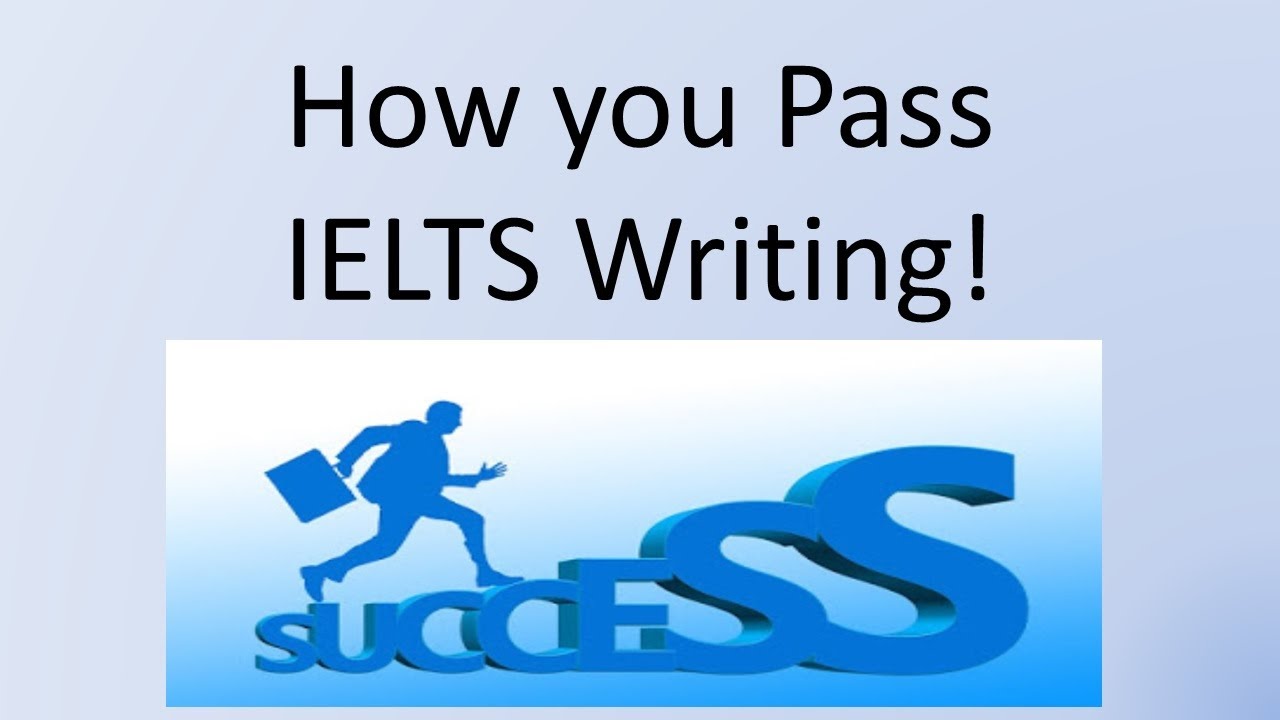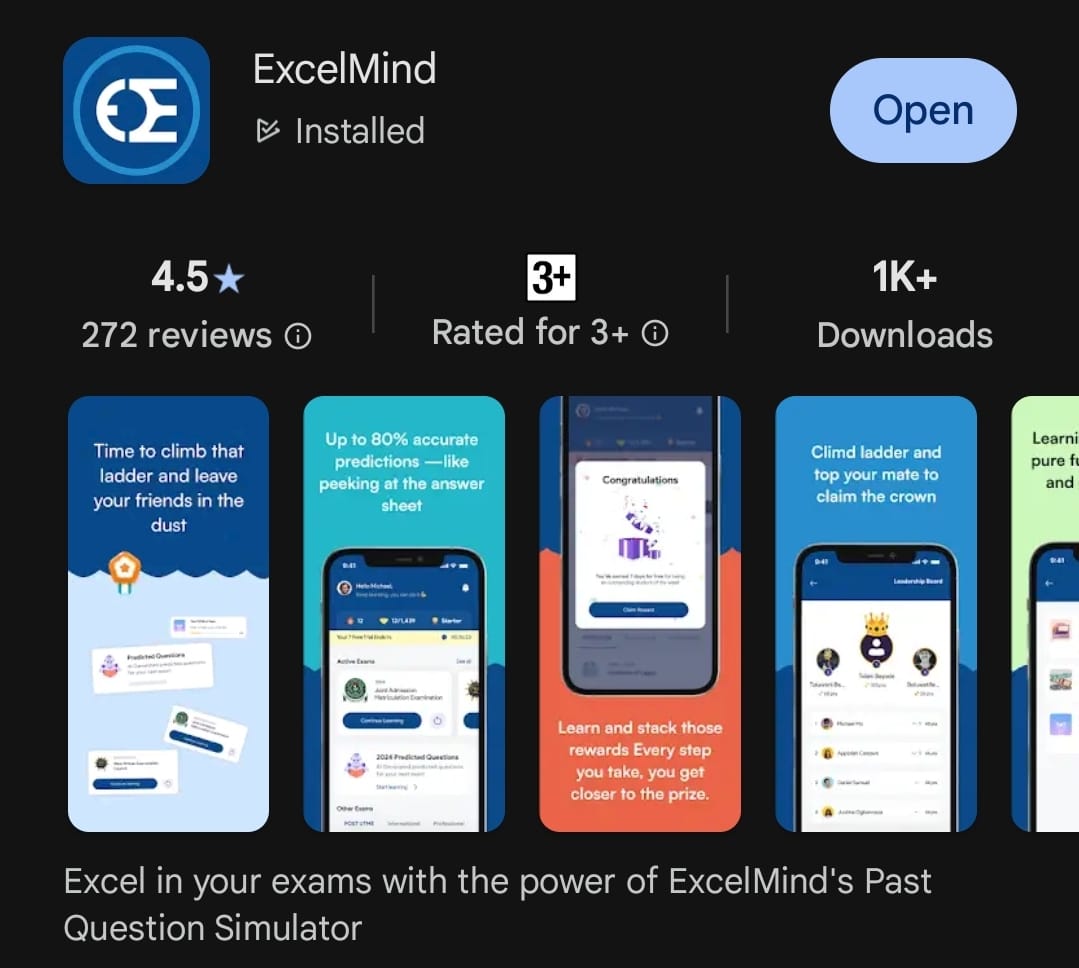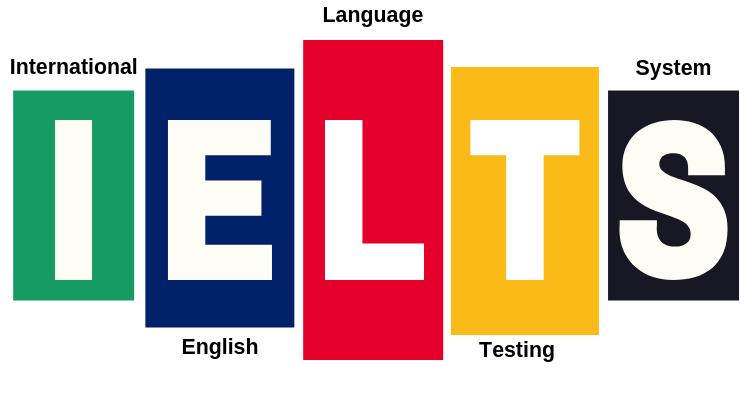Physical Address
304 North Cardinal St.
Dorchester Center, MA 02124

Are You Struggling with IELTS Writing? Here’s How to Pass IELTS Writing with Ease.
You’ve probably heard it a hundred times before: “IELTS Writing is the hardest part of the exam.” And honestly, many students find it difficult. But what if we told you that passing the IELTS Writing section isn’t as complicated as you think? Picture walking into the exam feeling fly, knowing precisely what to do, and leaving with a high score that opens doors to your dreams.
It’s possible, and we’re going to show you exactly how to pass IELTS Writing, with some game-changing tips and tools that will make all the difference.
But first, let’s be honest: You’re not just here to get another general article on writing tips, right? You want the ultimate guide that sets you up for success, and that’s exactly what we’re about to give you.

In this article, you’ll learn how to:
By the end, you’ll be armed with a step-by-step strategy to not only pass IELTS Writing but to excel at it. Ready? Let’s get to it.
Also: Conquer JAMB with Verified JAMB Past Questions and Answers
Now, let’s introduce you to the game-changer—ExcelMind.

The ExcelMind app is the number one tool you need to pass IELTS Writing with ease. Why? Because it’s designed specifically to help students like you practice and perfect the skills needed to score high in the IELTS Writing test.
Here’s how ExcelMind makes it easier for you:
See Also: Master UNICAL Post UTME Past Questions for Guaranteed Success

The IELTS Writing test is divided into two tasks: Task 1 and Task 2. Understanding the difference is key to knowing how to tackle each one.
Task 1 (Academic IELTS): You’ll be given a graph, table, chart, or diagram, and your job is to describe the information clearly and concisely.
Task 1 (General IELTS): You’ll be asked to write a letter, either formal, semi-formal, or informal, based on a given situation.
Task 2 (Both Academic and General IELTS): You’ll need to write an essay in response to a question or topic. The key here is to present a well-structured, coherent argument, and use formal language.
So, how do you tackle these tasks effectively? The key is in planning. Before you write anything, spend a few minutes thinking about the structure of your essay. Brainstorm ideas, create an outline, and decide what key points to include. This will help you stay organized and focused throughout the writing process.
One of the biggest mistakes students make is underestimating the importance of time. You might feel like you have plenty of time, but before you know it, the clock is ticking down, and you’re rushing to finish your essay.
Here’s the secret: Time management is key to how to pass IELTS writing.
Tip: Always leave 2-3 minutes at the end to quickly proofread your work. Mistakes like spelling errors, missing punctuation, and awkward phrasing can easily lower your score.
Too many students make the mistake of not fully answering the question. This can cost them valuable points, especially in Task 2. Here’s how to make sure you answer the question completely:
Organizing your essay is critical to success. You don’t have to write long, complicated sentences to impress the examiner. Keep it clear, simple, and logical.
Here’s a simple structure you can follow:
Tip: Don’t overuse linking words like “firstly,” “secondly,” or “finally.” Instead, use phrases like “One reason why…” or “In addition…” to sound more natural and varied.
It’s easy to make mistakes under pressure, but here are the most common mistakes to watch out for:
One of the keys to passing IELTS Writing is constant practice. The more you write, the better you’ll get.
Use ExcelMind’s practice sessions daily. It offers feedback, quizzes, and structured lessons that break down each task step-by-step. As you practice, you’ll feel more confident, and you’ll know exactly what to expect on the test.
Read: How to Pass IELTS Listening Test: A Guide to Success
You’ve read the tips, learned the strategies, and now it’s time to turn that knowledge into results. No more stressing over how to pass IELTS Writing. With the right tools and consistent practice, success is within your reach.
Here’s your game plan:
Remember, passing IELTS Writing is not about working harder, it’s about working smarter. With ExcelMind, you can practice effectively, identify areas to improve, and fine-tune your writing to perfection. The journey to your desired score is easier than ever.
So don’t hesitate—take control of your IELTS preparation now. Download the ExcelMind app, start practising, and watch your confidence and score soar. You have what it takes to succeed. Let’s make it happen.
To improve your writing for IELTS, follow these steps:
Understand the Test Format: Familiarize yourself with the two tasks in the IELTS Writing section—Task 1 (describing data for Academic or writing a letter for General) and Task 2 (writing an essay). Understand what is required for each task.
Practice Writing Regularly: Write essays and reports under timed conditions to build your speed and accuracy. Use real IELTS practice questions.
Plan Before Writing: Take 5-10 minutes to organize your thoughts before you start writing. Outline your main points, structure, and examples for each task.
Focus on Structure: Ensure your writing has a clear introduction, body paragraphs with supporting ideas, and a conclusion. Each paragraph should focus on one main point.
Use a Range of Vocabulary and Grammar: Expand your vocabulary by learning topic-specific words and phrases. Practice using a variety of sentence structures, including complex sentences.
Review and Edit: Always leave time to proofread your work for errors in grammar, spelling, punctuation, and clarity. Small mistakes can affect your score.
Get Feedback: Use tools like the ExcelMind app to get instant feedback on your writing. Review areas where you need improvement and practice those skills.
In the IELTS Writing section, a score of 30 out of 40 typically corresponds to a band score of around 7.5. This is because IELTS scores are scaled, and each correct answer or quality of writing contributes to an overall band score.
However, the exact band score may vary depending on how well the writing addresses all criteria and the balance between the two tasks. It’s always best to focus on improving specific areas (like grammar or coherence) to push your score higher.
To write faster in IELTS, follow these strategies:
Practice Writing Regularly: The more you practice, the faster you’ll become. Set time limits during your practice sessions to simulate exam conditions and build speed over time.
Plan Before You Write: Spend 5-10 minutes planning your response. Organize your ideas, structure your paragraphs, and decide on your key points before you start writing. This will save you time when you begin writing.
Focus on Key Points: Avoid over-explaining or adding unnecessary details. Stick to the most important ideas and support them with relevant examples. This keeps your writing focused and saves time.
Use Simple Sentences: Complex sentences can take longer to write, especially under time pressure. Use a mix of simple and complex sentences, but prioritize clarity and ease of expression over complexity.
Don’t Overthink: Don’t worry about writing the perfect essay. Write your ideas quickly and efficiently, then use the last few minutes to check for mistakes. It’s better to have a complete answer than to spend too much time on one part.
Improve Typing Speed (for Computer-based IELTS): If you’re taking the computer-based IELTS, practice typing quickly and accurately. This can save you valuable time on the exam.
Use the ExcelMind App: ExcelMind helps you practice under timed conditions, getting instant feedback on your writing speed and areas to improve. Regular use will help you build both speed and quality.
IELTS Writing is difficult because it requires strong time management, complex task skills, and advanced language proficiency to write clearly and accurately under pressure.
A score of 4.5 in IELTS is below average and indicates that there are significant areas of improvement needed in reading, writing, speaking, and listening. It may not be sufficient for university admissions or professional purposes, but with focused preparation, you can certainly improve your score.